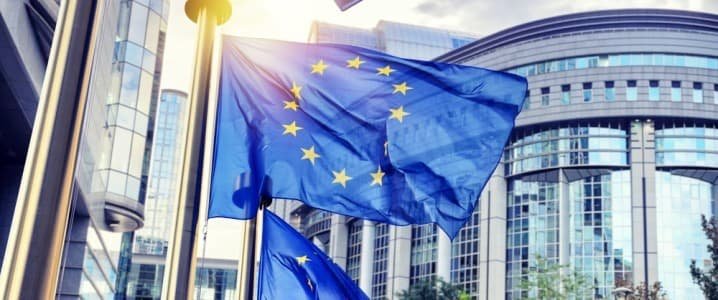By Julianne Geiger – Feb 18, 2025, 4:00 PM CST
The European Union, ever the conflicted protagonist in its own energy saga, is gearing up to throw its weight around in the global LNG market—again. A leaked draft from the European Commission suggests Brussels will “immediately engage” with LNG suppliers to stabilize energy prices, all while still pretending it’s on track to kiss fossil fuels goodbye by 2050. The cognitive dissonance is almost admirable.
At issue is Europe’s chronic dependence on imported gas. Having sworn off Russian pipeline supplies (at least officially), the bloc now finds itself tethered to liquefied natural gas imports—primarily from the U.S., which it may soon be paying even more for if Donald Trump follows through on tariff threats. Meanwhile, Russia remains Europe’s second-largest LNG supplier, because, well, energy security is a funny thing when reality checks your moral grandstanding.
Now, Brussels wants to emulate Japan’s strategy of investing in overseas LNG infrastructure to lock in long-term contracts, Reuters reported on Tuesday.
Sensible, perhaps.
But in true EU fashion, there’s a regulatory catch: European gas contracts must vanish by 2049 to meet the net-zero commitment. This means suppliers will be asked to commit to deals that evaporate just when they start getting lucrative. A tough sell.
Meanwhile, natural gas prices have jumped to nearly $4/MMBtu, and power prices across Europe remain tethered to gas market volatility. The EU’s latest plan also includes joint LNG purchasing, an attempt at leveraging collective buying power to force lower prices. But as past attempts have shown, pooling desperation doesn’t necessarily translate to bargaining strength.
The takeaway? Europe still needs LNG—more than it cares to admit. And the longer it dithers between energy realism and green ambition, the more it will pay.
By Julianne Geiger for Oilprice.com
More Top Reads From Oilprice.com
- Trump’s No-Prisoners Approach to Iran-China Oil Crackdown
- U.S. Fuel Prices Surge On Refinery Maintenance And Outages
- Russia Claims to Be Fully Compliant with OPEC+ Output Quota
![]()
Julianne Geiger
Julianne Geiger is a veteran editor, writer and researcher for Oilprice.com, and a member of the Creative Professionals Networking Group.


